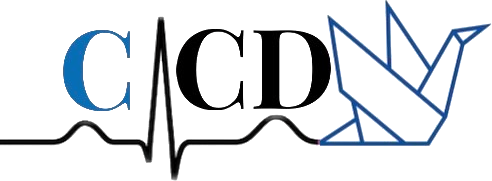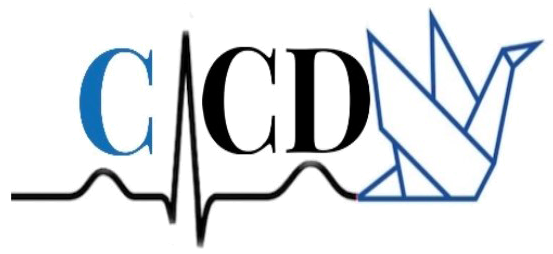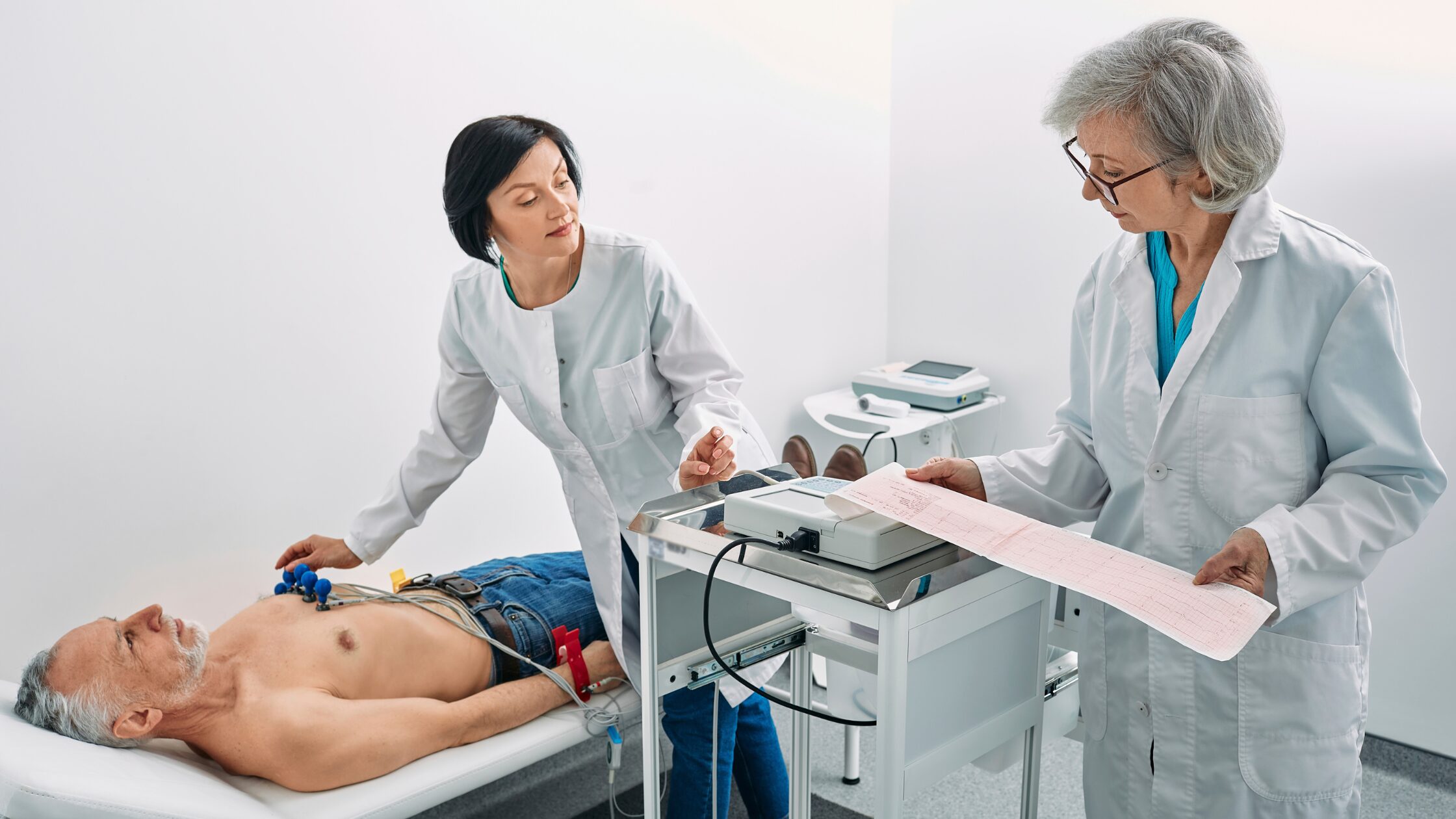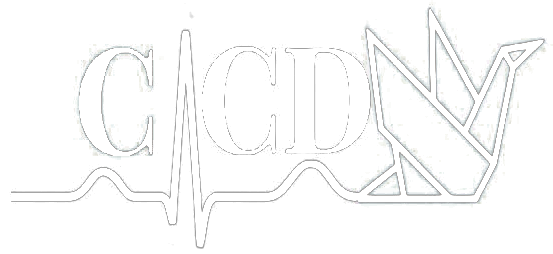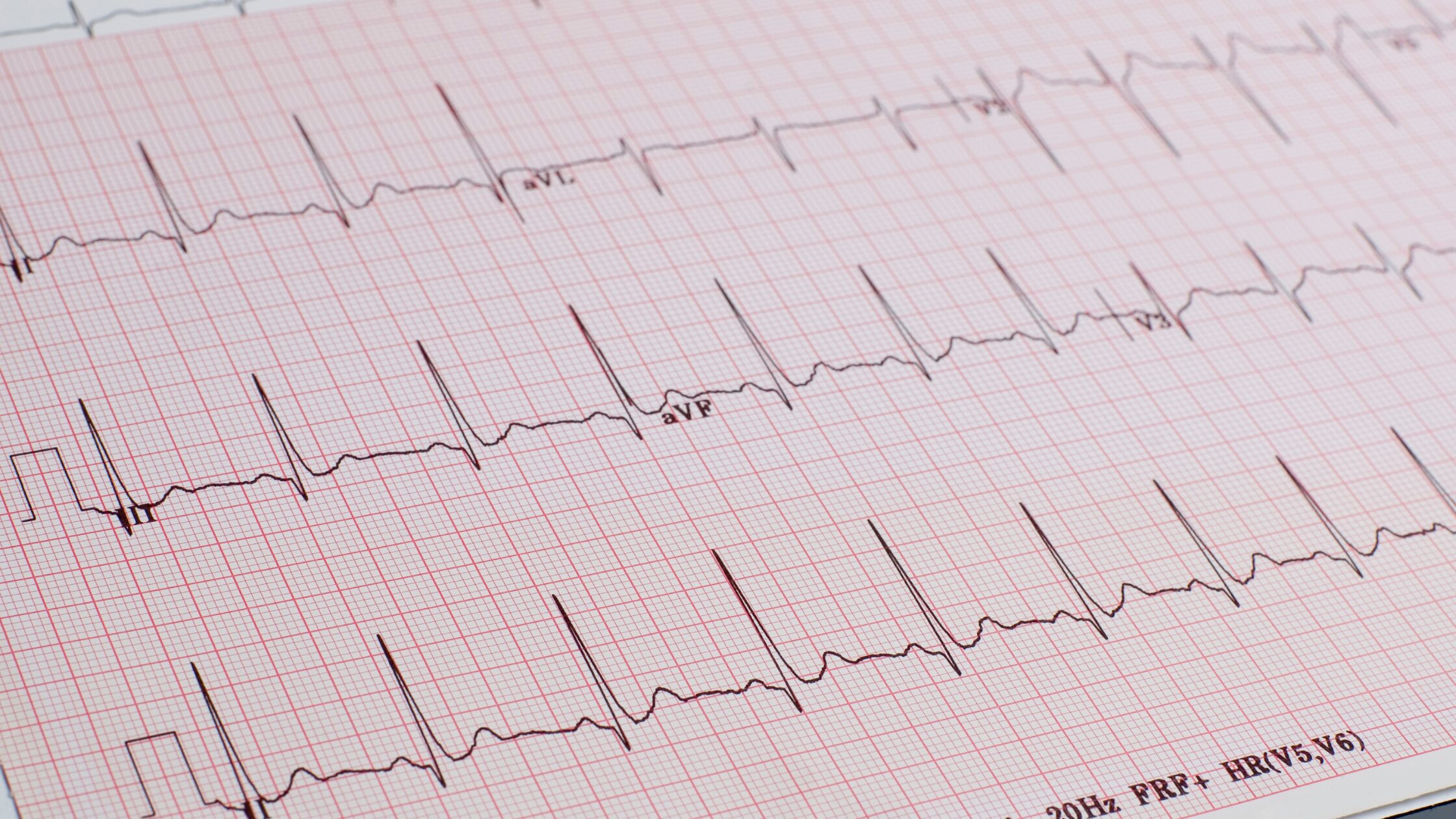
How to Prepare for Your ECG Appointment for Accurate Results
An ECG appointment is a simple and painless test that records the electrical activity of your heart. It helps doctors check for irregular heart rhythms, blocked arteries, or other heart related issues. To get the most accurate results, a little preparation can go a long way.
Many people don’t realise that everyday habits, like having a strong coffee before the test or wearing tight clothing, can affect their ECG readings. A well prepared patient means a clearer, more reliable result, helping doctors make better decisions about your heart health.
At Crane Cardiac Diagnostics, we understand the importance of accurate testing. That’s why we provide expert ECG analysis to help clinics and patients get the best possible results.
What Happens During an ECG Appointment?
If it’s your first time having an ECG test, you might be wondering what to expect. The good news is that it’s a quick, painless, and straightforward test that usually takes no more than 10 to 15 minutes.
1. Arriving at Your Appointment
When you arrive, you’ll be asked to relax while a healthcare professional explains the test. They may ask about your medical history, any medications you’re taking, and any symptoms you’ve been experiencing.
2. Getting Set Up for the Test
You’ll be asked to lie down, and small adhesive patches (electrodes) will be placed on your chest, arms, and legs. These electrodes are connected to the ECG machine, which records your heart’s electrical activity.
3. The ECG Recording
Once the machine starts recording, you’ll need to stay still and breathe normally. The test itself only takes a minute or two. If you move, talk, or tense your muscles too much, it could affect the results.
4. Finishing Up
After the recording is complete, the electrodes will be removed, and you can go about your day as usual. There are no side effects, and you won’t need any recovery time. Your results will either be reviewed immediately or sent to a specialist for further analysis.
How to Prepare for Your Appointment: Do’s and Don’ts
Preparing for your appointment is simple, but a few small steps can make a big difference in ensuring accurate results. Here are some key do’s and don’ts to keep in mind before your test.
Do’s: What You Should Do Before Your ECG
- Wear loose, comfortable clothing – This makes it easier for the technician to place the electrodes on your chest, arms, and legs without any trouble.
- Stay hydrated – Drinking water before your test can help keep your heart rate stable and ensure a smooth reading.
- Get a good night’s sleep – Being well rested can help prevent unnecessary stress on your heart, which could affect the test results.
- Follow any instructions from your doctor – If your healthcare provider has given you specific guidelines, such as stopping certain medications, be sure to follow them.
Don’ts: What to Avoid Before Your ECG
- Avoid caffeine or alcohol – Drinks like coffee, tea, energy drinks, and alcohol can increase your heart rate and may affect your ECG reading. It’s best to avoid these for at least a few hours before your test.
- Do not smoke before your appointment – Smoking can raise your heart rate and alter your ECG results. Try to avoid smoking for at least a couple of hours before your test.
- Skip heavy exercise – Intense workouts before your ECG can lead to an elevated heart rate, which may impact the accuracy of your results. Light activity is fine, but avoid anything too strenuous.
- Do not apply lotions or oils to your skin – Moisturisers and body oils can make it harder for the electrodes to stick to your skin properly. Skip them on the day of your appointment.
Common Mistakes to Avoid Before Your Appointment
Even with the best intentions, small mistakes before an appointment can affect the accuracy of the test results. Here are some common errors people make and how to avoid them.
Eating a Heavy Meal Too Close to Your Appointment
Large meals can cause temporary changes in heart rate and make lying down uncomfortable. It’s best to eat a light meal at least two hours before your ECG to prevent any unnecessary fluctuations in your heart’s activity.
Not Relaxing Before the Test
Feeling anxious or stressed before your ECG can lead to an increased heart rate, which may affect the readings. Try to stay calm by taking slow, deep breaths before and during the test. If you’re feeling nervous, let your technician know—they can help reassure you.
Drinking Too Much Caffeine
Caffeine is a stimulant that can make your heart beat faster than usual. If you regularly drink coffee or energy drinks, try to avoid them for at least four hours before your appointment to get the most accurate results.
Exercising Too Hard on the Day of the Test
A hard workout before your ECG can keep your heart rate elevated longer than normal. If you usually exercise in the morning, consider doing light stretching or walking instead to avoid affecting the results.
Not Mentioning Medications to Your Doctor
Some medications can influence heart activity, so always inform your healthcare provider about any prescriptions or over-the-counter medicines you are taking. They will let you know if any adjustments are needed before your ECG.
What to Bring and Expect at Your Appointment
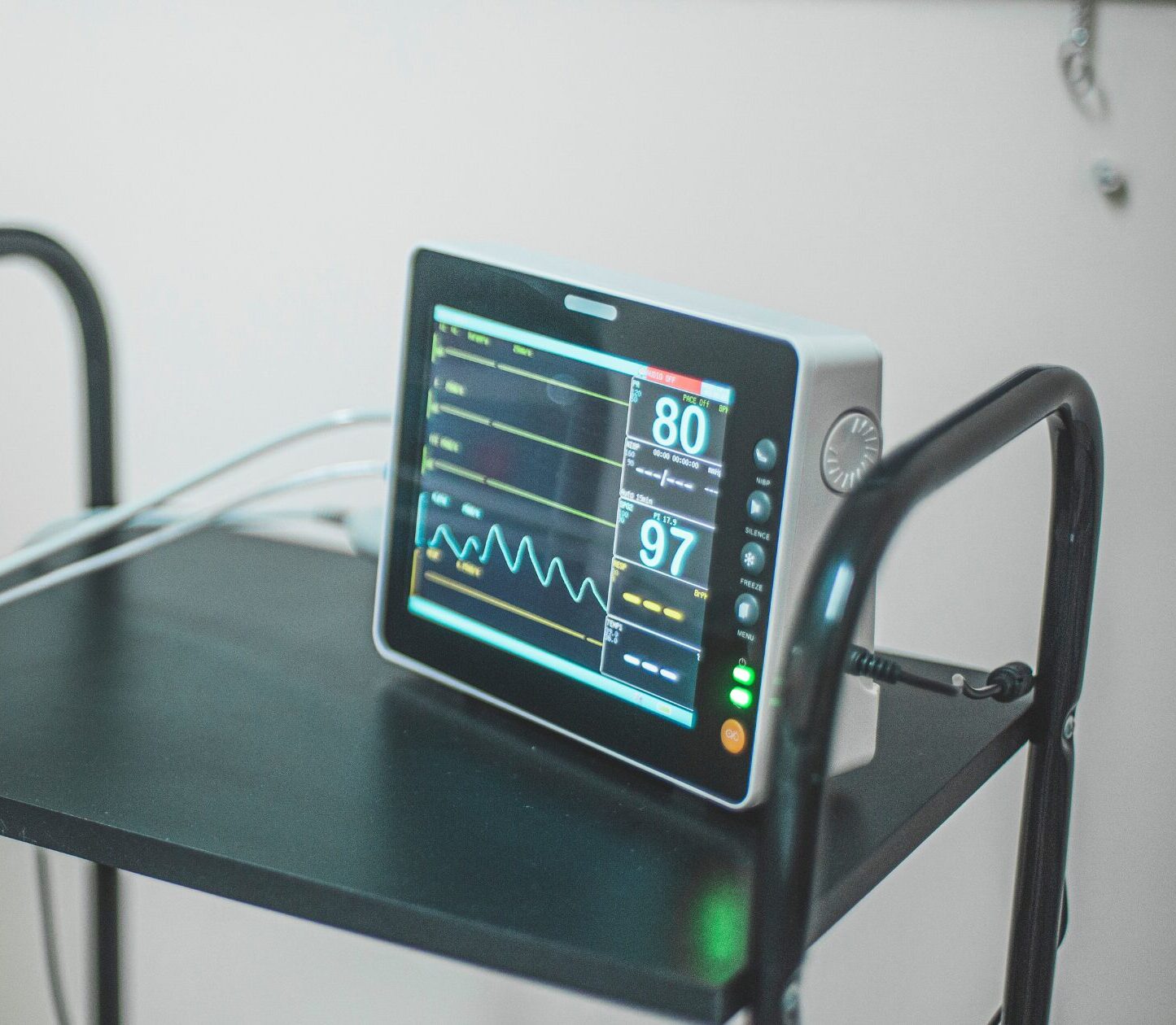
Being prepared for your ECG appointment can help the process go smoothly. While the test itself is quick and straightforward, knowing what to bring and what to expect will make your experience easier.
What to Bring to Your Appointment
- Identification and referral documents – If your doctor has referred you for an ECG, bring any necessary paperwork. Some clinics may also require an ID for verification.
- A list of medications – Your healthcare provider may need to know what medications you’re taking, as some can influence ECG readings.
- Comfortable clothing – Although the test is quick, wearing a loose-fitting top can make it easier for the technician to place the electrodes on your chest.
- A small notebook (optional) – If you have heart related symptoms, jotting down when they happen and how they feel can be helpful information for your doctor.
What to Expect During the Appointment
- Checking in – When you arrive, you’ll be asked to confirm your details and, in some cases, provide a short medical history.
- Electrode placement – You’ll be asked to lie down while small adhesive patches (electrodes) are placed on your chest, arms, and legs. These connect to the ECG machine, which records your heart’s electrical activity.
- The test itself – The ECG machine will take readings for a minute or two while you stay still. The process is painless, and you won’t feel anything from the machine.
- After the test – The electrodes will be removed, and you can go about your day as usual. There is no recovery time needed. Your results will either be reviewed immediately or sent to a specialist for analysis.
Understanding Your ECG Results: What Comes Next?

After your ECG appointment, you may be eager to know what your results mean. While ECG tests provide valuable insights into your heart’s health, understanding the next steps is just as important.
How Long Does It Take to Get ECG Results?
The time it takes to receive your ECG results depends on where you had the test. Some clinics provide immediate feedback, while others may send the data to a specialist for further analysis. At Crane Cardiac Diagnostics, we prioritise fast and accurate ECG reporting, ensuring healthcare providers receive clear results as quickly as possible.
What Do ECG Results Show?
An ECG records your heart’s electrical activity, helping doctors detect:
- Irregular heart rhythms (arrhythmias) – If your heart beats too fast, too slow, or unevenly, it may indicate an issue.
- Signs of a past heart attack – The test can reveal if you’ve previously had a heart attack, even if you weren’t aware of it.
- Blocked or narrowed arteries – Some ECG readings may suggest reduced blood flow to the heart, which could indicate coronary artery disease.
- Heart muscle problems – An ECG can show if parts of the heart muscle are too thick or under stress.
What Happens If My ECG Shows a Problem?
If your ECG results indicate an abnormality, your doctor may recommend further testing, such as an echocardiogram, stress test, or blood tests. In some cases, medication or lifestyle changes may be suggested to improve heart health.
What If My ECG Is Normal?
A normal ECG result means your heart’s electrical activity is functioning as expected. However, if you still have symptoms like chest pain or dizziness, your doctor may investigate further to rule out other causes.
Understanding your ECG results is key to maintaining good heart health. Whether your test confirms everything is fine or identifies something that needs attention, it’s a step toward better heart care.
At Crane Cardiac Diagnostics, we specialise in providing expert ECG analysis services exclusively for private clinics, GPs, and hospitals. Our team of experienced cardiac physiologists ensures accurate and reliable interpretations with turnaround times as fast as 12 hours. Partner with us to enhance your cardiac care services and deliver prompt, precise diagnoses to your patients. Contact us today to learn more about our competitive rates and professional support.
